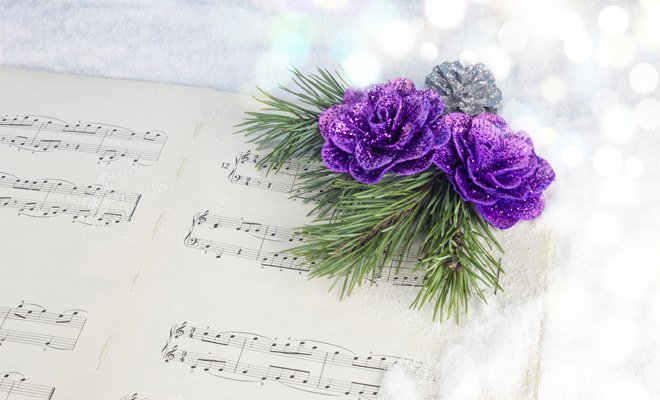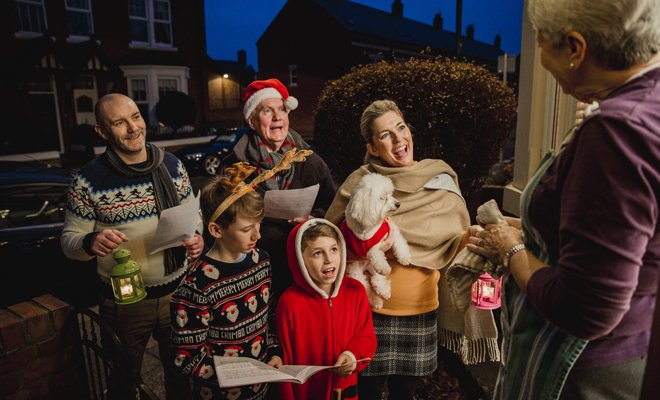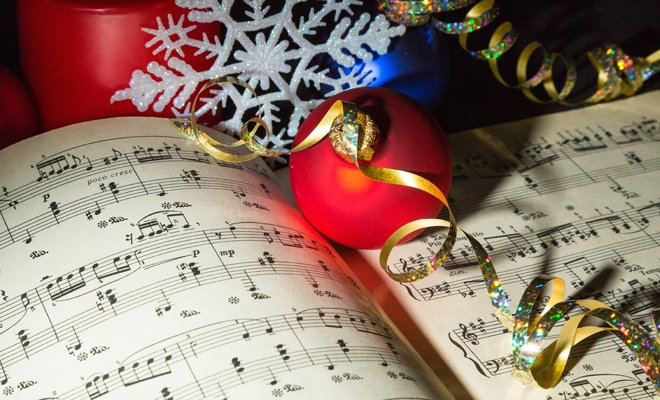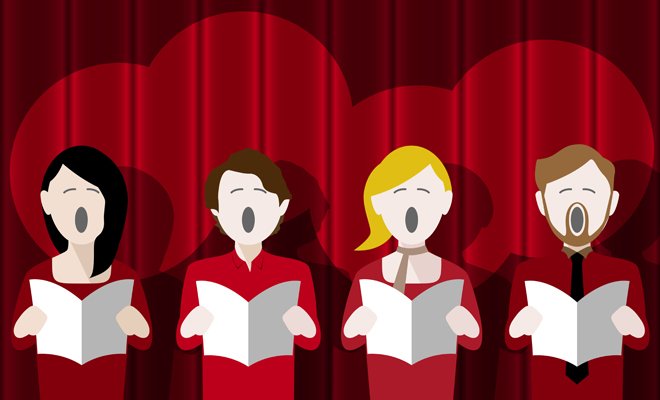Origin and curiosities of Christmas carols around the world
As Christmas approaches, it is common to see decorations, sweets, gifts and an endless number of objects in shopping centers and corners of your city that remind you that you will soon celebrate this date. And all this accompanied by a melody recognizable in all corners of the world: Christmas carols.
Christmas carols have become more than popular over the centuries and many families sing them when they all gather around a table to celebrate. At present there are very few people who are unaware of even one of these songs, and it is not for less.
The spirit of Christmas is spread in all corners of the world where it is celebrated, and songs in different languages are performed in all of them to accompany the festivities. Do you want to know the origin and curiosities of Christmas carols around the world? And where do Christmas carols come from? We tell you!
What is the origin of Christmas carols?
- To know the origin of Christmas carols, we must go back to the Middle Ages, between the 5th and 15th centuries. They began to be sung in Spain and Portugal, but little by little they spread around the world. The curious thing is that Christmas carols, at first, were popular songs from the rural world in which stories of everyday life, love affairs or aspects of life important to everyone were told. That is to say, they were like a newscast for everyone to find out what was happening in the towns, or also called villas. Precisely from the name of villas arises the denomination ‘villancicos’, because they are sung by the inhabitants of these places.
- Soon, the evangelizers and the people in charge of spreading the message of the Church and of God saw in Christmas carols an effective and fast method of spreading their messages to the most rural areas, where hardly anyone knew how to read or write. Catchy rhythms or simple and easy-to-learn lyrics became one of the most common practices, especially at Christmas time to count the birth of Christ.
- Thus, on the occasion of the Renaissance, the songs most similar to current Christmas carols arose, with many authors composing them. The oldest Christmas carol recorded in musical history has its origin in the fourth century, it is called Iesus Refulsit Omnium (Jesus, light of all nations) and is attributed to Saint Hilary of Poitiers.
- Over the years and centuries these songs have evolved a lot. The rhyme, the meter and the lyrics have been changing to what we know today as Christmas carols. And, just like before, the songs are still simple, easy to sing or remember and known in all corners of many parts of the world.
Why is it important to sing Christmas carols?
- Now that we know where Christmas carols come from, we can already realize the enormous historical tradition they have. Surely the grandparents of our great-grandparents (and more family before them) already had these songs in their lives, and today they can be hummed by everyone. Quite an inheritance!
- In addition to this influence and tradition, it is important to sing Christmas carols for both children and adults. Children thus maintain the illusion of the arrival of Christmas Eve, Christmas, New Year, opening presents, vacations, having a good time with their relatives… And a very long etcetera. But what about adults? They too can recapture the Christmas magic through Christmas carols. They can relive their childhood through these songs that will undoubtedly accompany them for the rest of their lives.
Christmas carols in different parts of the world
Christmas carols are sung in all those areas of the world where Christmas is celebrated in all its forms. In many places they have their own tunes or lyrics, but there are certain common Christmas carols in many parts of the world, such as ‘White Christmas’ for example. In any case, some curiosities of Christmas carols according to their area of origin are the following:
Europe
- Many of the Christmas carols that are sung around the world today have their origin in Europe, and it is not for less. The European tradition of Christmas carols is very old, as we have seen a few lines above, and their compositions are usually short and simple in structure, especially in Spain and Portugal.
- In addition to being heard in many shopping centers and stores in the cities, many families also sing them in their homes. In Germany, Christmas carols are called Weihnachtslieder and many of their songs have been translated into English and Spanish. One of the best known is Silent Night (Stille Nacht, heilige Nacht) composed by Joseph Mohren in 1816, although in that place the lyrics and melody have many differences with the rest of the world.
Latin America
Christmas carols in Latin America have their origin around the 17th century. Some point to its appearance when the Europeans arrived in South America, who brought with them many of their customs and among them the songs that are still sung today at Christmas in practically all homes. In addition to the well-known ‘Mi burrito sabanero’ or ‘Marimorena’, other melodies such as ‘Las Posadas’ or ‘Duerme y no llores’ also stand out in Latin America.
United Kingdom and United States
The English or American composition of Christmas carols is known as Christmas carols, and they constitute a very important part of their Christmas tradition. In these places there are even groups of people, called Chritsmas Carolers, who perform their songs in the streets of the cities to transmit the Christmas spirit wherever they go. Most of the interpretations are European, however they have their own compositions that are now known throughout the world.
Australia
While in the above parts of the world it is cold and may even snow during Christmas, in Australia it is the height of summer. Despite this, they also make their particular celebration in which, of course, Christmas carols are included. A good way to honor Christmas is through the Carols by Candlelight concert (carols by candlelight), an event that brings many people together around carols.
China and Japan
Christmas in China and Japan is practically non-existent, since they have another religion very different from Catholicism. Despite this, globalization has brought Christmas carols to large shopping centers in these areas, and can be heard through piped music. The small part of the Catholic population of these areas does celebrate this festival, although there are couples who commemorate their particular Valentine’s Day on December 25.






